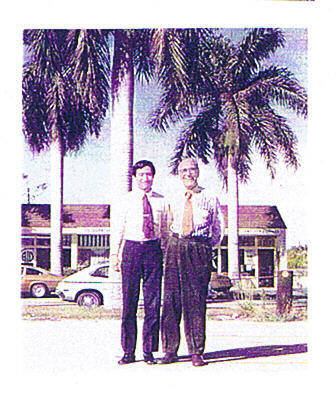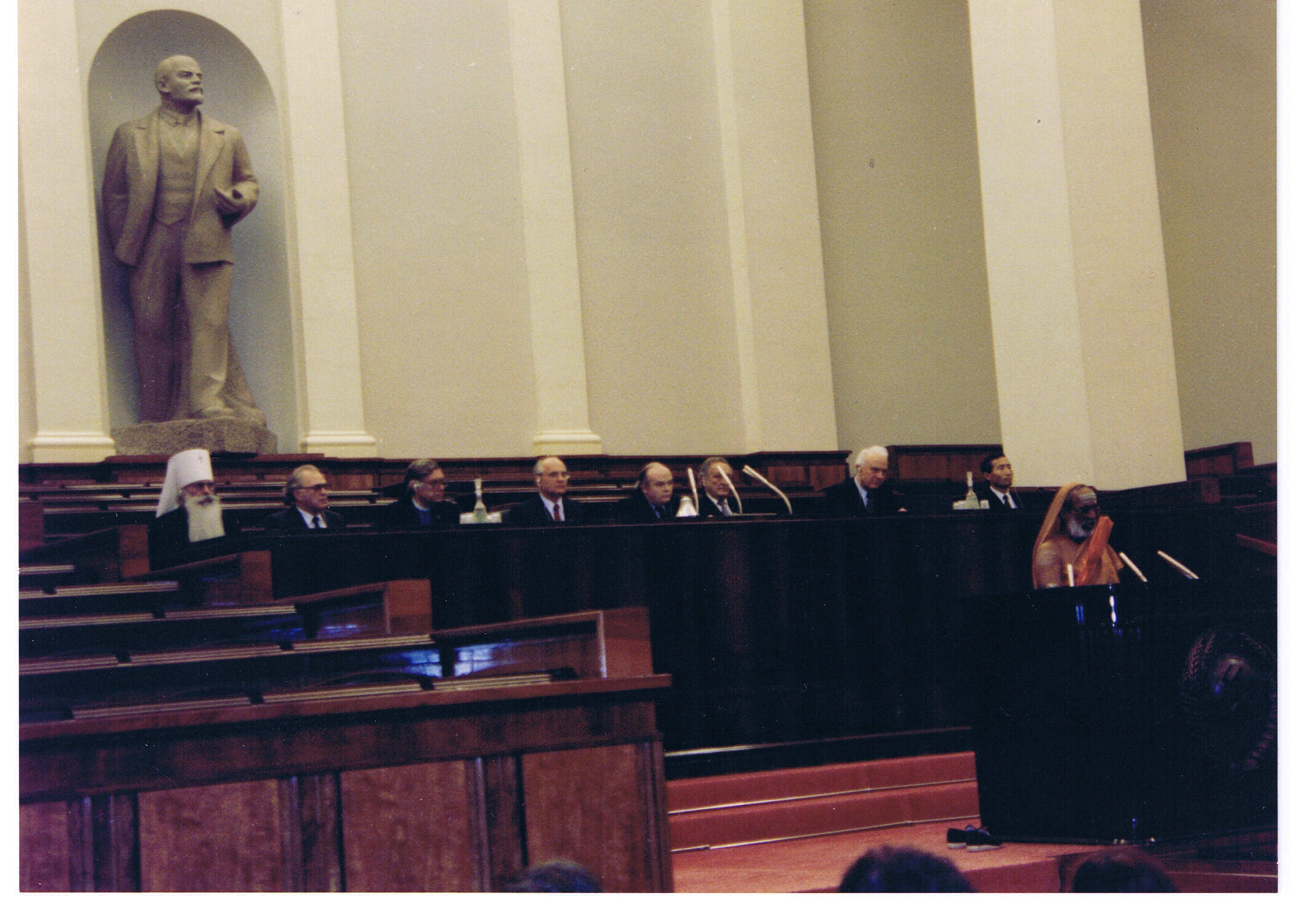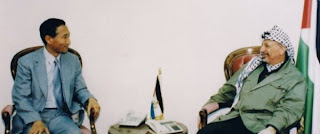Read in Japanese.
By Akio Matsumura
During September in 1973 I found myself beginning a two hour bus ride, headed for the outskirts of Jakarta. I was with the Japanese Parliamentary Study Mission on Population and Development, headed by former Prime Minister Nobusuke Kishi. We had already had very fruitful visits to India and Thailand, and were now moving through Indonesia.

All parliamentarians and three foreign special guests — General Draper, former Maryland Senator Joseph Tydings, and Mr. McDonnell — sat in their own private car, while the rest of us—government bureaucrats, population experts, media and staff—traveled behind by bus. As the youngest member of the group I sat at the back of the bus. Before we departed, a member of the Japanese Embassy staff came to the back of the bus, saying that General Draper was calling for me. General Draper and Mr. Tatsuo Tanaka, Member of Parliament and deputy head of the mission, were sitting together when I got to the car, with the staff member from the Embassy. General Draper wished to speak with me during the trip, and asked me to sit in the car instead of the staff member. Meanwhile, Mr. Tanaka seemed to be uncomfortable next to General Draper, and excused himself to the front seat because he wanted to operate the video camera, so the front seat would be a better location. So, I ended up next to General Draper in the back, to the astonishment of the embassy staff. Mr. Tanaka assured them it was the request of General Draper, and we began the two hour ride.… Continue reading





